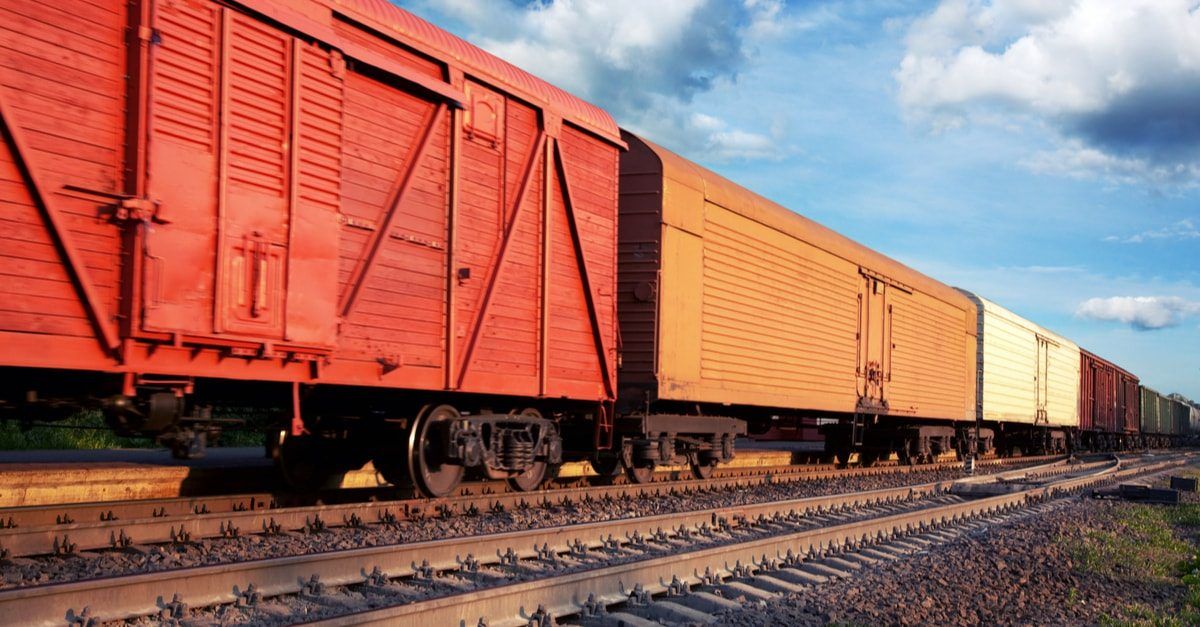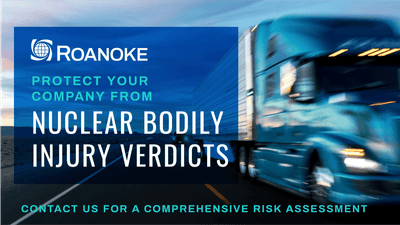August 24, 2017 | Industry Insights
Rail, Intermodal Transport Set to Grow in the Next Four Years

Increasingly more businesses are turning to intermodal transport – using multiple modes of transportation (rail, ship, truck) – as a result in large part to current market conditions in the trucking sector. Unstable fuel prices, driver shortages, infrastructure challenges, truck capacity, and federal regulations limiting the number of hours drivers can be on the road have served to increase the popularity of intermodal.
Additionally, capital spending earmarked to update the shipping rail network coupled with upgraded technology has rail freight well positioned for the future. Analysts, in fact, according to Global Trade, predict that intermodal freight in North America will grow at a rate of about 5.57% from 2017 to 2021. According to the Association of American Railroads, “our country’s freight railroads have spent more than $635 billion since 1980, including record amounts in recent years, to create a freight rail network that is second to none in the world,” cites Global Trade. Expenditures include investments in maintenance, expansion, and technology designed to help increase rail market share by improving safety, network connectivity, reliability, and overall speed.
The Benefits of Rail Transportation
The advantages of rail transportation for logistics operations include the following:
- Reliability: You get more options using intermodal transportation to transport goods on time. Trains run on a set schedule so there is less variability in pick-up and delivery times as compared to using trucks.
- Cost effectiveness: Shippers can save money, particularly for longer haul loads. Additionally, there are efficiencies in using double-stacked containers: One ton of freight can be transported 400 miles on one gallon of fuel; far more miles than trucks, which translates to lower rates for shippers.
- Environmentally friendly: Intermodal transport produces significantly less carbon dioxide per 100 ton-miles than trucking – a plus for shippers looking to reduce their carbon footprint in the supply chain. Trucks emit around 20 lbs. of CO2 per 100-ton miles. A train would only emit only 5lbs. or even less, over the same mileage.
- Ease of use: Rail freight transportation can be very convenient for the shipper. Typically, the company offering drayage services (i.e. getting your freight to the railroad’s ramp) is local and will work with the logistics operator to get the product out the door easier.
- Heavy freight: Trucks have a limited capacity of 45,000 pounds, whereas rail is efficient at moving heavier freight over long distances. With the industry’s continued investment in capacity for moving heavy shipments, this is an area of rail shipping that will become even more cost-effective, cites Global Trade.
- Improves safety and reduces risks: Shipping via rail is considered to be much safer than other methods. Railroad police continually monitor intermodal transportation plus it’s possible for shippers to place GPS trackers in rail cars to decrease the chances of losing shipments. In addition, since long distances are usually handled by rail in intermodal, shippers have far less exposure to roadway collisions and fatalities. This results in higher freight reliability that translates into smoother, more efficient operations. Also, the use of standardized freight containers for intermodal means they’re easily transferred from one mode to the next. This eliminates the risks of damages and loss from directly handling shipments.
- Ship anything: Rail freight enables companies to ship a full range of products, including cold and frozen goods.
About Roanoke Insurance Group
Roanoke Insurance Group is a leading provider of insurance and surety solutions for transportation and logistics providers and is committed to keeping you updated on trends and developments affecting the industry. For information about our insurance products and services, please contact one of our Roanoke Insurance Group professionals at 1-800- ROANOKE (800-762-6653).
Sources: Global Trade













